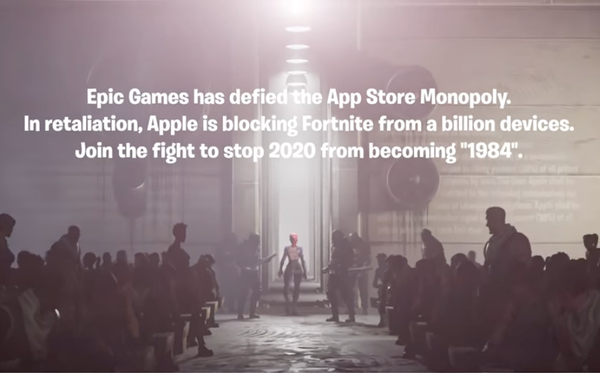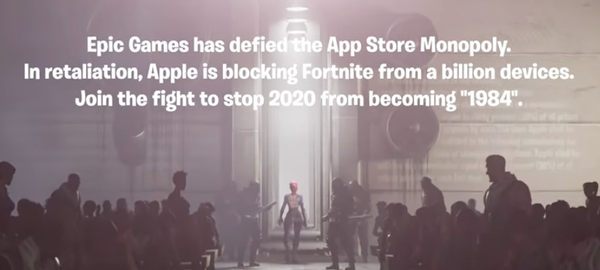Epic Games Adds To Google’s Antitrust Woes

As if Google doesn’t have enough concerns around one of the largest antitrust suit Department of Justice, Epic Games is suing Google. The trial kicked off Monday, and could soon alter the future of the Google app store, which could depend on the outcome of this trial.
The maker of the game Fortnite claims Google is violating U.S. antitrust law by holding back rival app stores running on its Android operating system — and that Google allegedly forced app developers to use its in-house payment system requiring higher fees.
The Financial Times (FT) reports that Epic Games lost on most of its claims in a similar case against Apple in 2021 before failing on appeal earlier this year. People with knowledge of the case tell FT that the circumstances are different this time. The ruling came down and mostly sided with Apple, but the two companies are still waiting for a verdict, according to The Verge.
Google’s U.S. antitrust trial has added a degree of “unpredictability to the outcome” that leaves a possibility that the trial could result in restrictions if Google loses.
Fortnite makes revenue by selling in-game items with virtual currency. Until August 13, 2020, purchases triggered an in-app payment fee to Google or Apple when players using an Android or iOS device that had a game installed through one of the two stores.
Epic eventually took action against Apple and Google to bypass the fees.
Apple and Google then retaliated by removing Fortnite from their app stores for breaking the rules. The gamemaker launched an attack ad, #FreeFortnite, that vowed to seek revenge and store 2020 from becoming 1984.
Unlike Apple, the search company allows handset makers to carry alternative app stores on Android phones. It also allows users to download apps directly from the internet.
Some suggest that Epic takes advantage of these arrangements, using Samsung’s Galaxy app store to distribute its games, and allows direct downloads of Fortnite.
Epic also plans to call attention to Google’s contracts with handset makers that prevent the installation of alternative app stores, as well as other contracts with app developers that stops them from launching a competing app store, reported CNBC, citing a person in the know.
“The truth is that Epic simply wants all the benefits that Android and Google Play provide without having to pay for them,” Wilson White, Google’s vice president of public policy and government affairs, wrote in a blog post explaining the company’s defense.
(5)
Report Post







